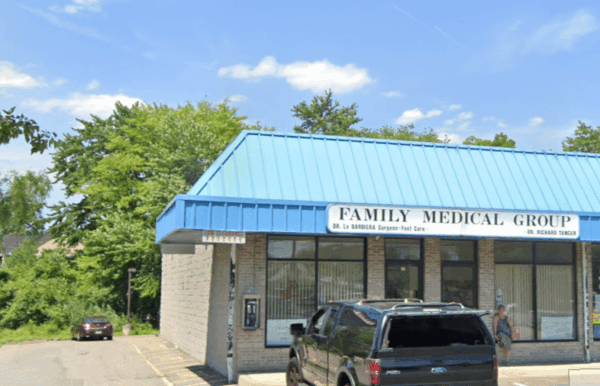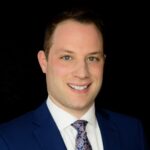
Authorities have arrested Richard B. Tancer, a 68-year-old physician from Montville, on allegations of sexually assaulting a patient during a medical examination. According to North Jersey, the incident took place on July 18 at the Family Medical Group clinic located at 18 Redneck Ave, Little Ferry, NJ 07643.
Bergen County Prosecutor Mark Musella announced that Tancer faces two counts of fourth-degree criminal sexual contact. His arrest followed a joint investigation by the Bergen County Prosecutor’s Office and the Little Ferry Police Department.
Officials claim that Tancer engaged in inappropriate physical contact with an adult female patient during the course of an examination. The investigation began after Little Ferry police alerted the prosecutor’s Special Victims Unit about the alleged assault.
After his arrest, Tancer was transported to the Bergen County jail. He is currently awaiting his first court appearance in Hackensack Superior Court.
The investigation remains ongoing, and officials are urging anyone with information to come forward. Those with relevant details can contact the prosecutor’s tips line at 201-226-5532.

When trust is broken in a medical setting, victims often find themselves grappling with confusion and fear about their next steps. In a recent conversation, Darla Medina spoke with New Jersey doctor abuse attorney Stewart Ryan about the legal pathways available to those who have experienced sexual assault by a physician. Ryan provided guidance on navigating both criminal and civil options, addressing the challenges victims face and the importance of accountability in such cases.
Editor Darla Medina: What legal steps are available for patients who experience sexual assault during a medical examination?
Attorney Stewart Ryan: Victims have both civil and criminal options. On the criminal side, the state typically prosecutes the offender, as we’re seeing here with the charges brought against Dr. Tancer. In civil cases, victims can file lawsuits seeking compensation for damages like emotional distress, therapy costs, and other impacts on their lives.
Medina: Are there specific challenges when the accused is a medical professional?
Ryan: Absolutely. Cases involving doctors are often complex because they involve an inherent power imbalance. Victims may hesitate to come forward due to fear of not being believed or concerns about confidentiality. That’s why legal representation and support systems are critical.
Medina: What advice would you offer to someone who feels they’ve been violated during a medical appointment?
Ryan: Document everything—dates, locations, and details of the incident. Seek support from law enforcement or advocacy groups, and consult with an experienced attorney who can guide you through the process while protecting your rights and privacy.
Medina: Do you believe cases like this can spark broader reforms?
Ryan: They certainly can. These incidents highlight the need for stronger safeguards in medical spaces, from better reporting mechanisms to stricter accountability measures. Ultimately, transparency and action are key to preventing further harm.
If you or a loved one has experienced sexual assault by a medical professional, you don’t have to face this alone. Our team is here to provide the support and guidance you deserve. Contact us today for a free, confidential consultation to explore your legal options and take the first step toward holding those responsible accountable. Your voice matters, and we are ready to help.
 info@legalherald.com
info@legalherald.com